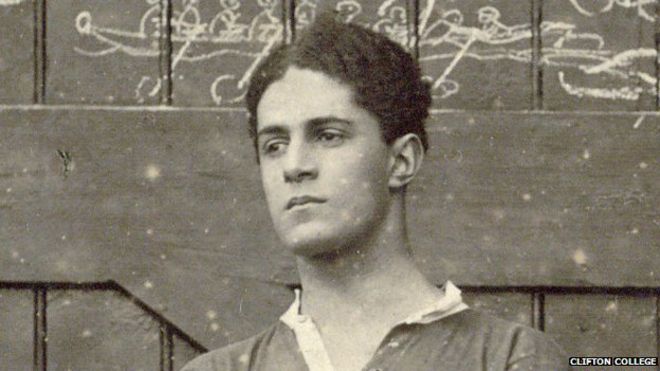Crowe’s ‘whitewashing’ sparks criticism from advocatesPosted in Articles, Arts, Communications/Media Studies, Media Archive, Oceania, United States on 2015-06-07 20:07Z by Steven |
Crowe’s ‘whitewashing’ sparks criticism from advocates
BBC News
2015-06-07
Elena Boffetta, BBC Washington
Hollywood’s reliance on bankable – and often white – actors has led to another round of sharp criticism of filmmakers for “whitewashing” roles where race and ethnicity play a part.
In Aloha, Cameron Crowe’s latest film, Emma Stone, a American actress with blonde hair and green eyes, was cast as Allison Ng – a junior fighter pilot who was part-Chinese, part-Hawaiian and part-Swedish.
Soon after the release, there was an uproar of criticism from social media against Crowe’s casting choice.
Both Asians and non-Asians asked why they didn’t pick an Asian actress to play a character who is part-Asian.
One advocacy group called Aloha “a whitewashed film” that failed to portray the ethnical diversity of Hawaii.
The Media Action Network for Asian Americans (MANAA) noted 60% of Hawaii’s population is Asian-American Pacific Islanders and 30% Caucasian, a fact not reflected in the film.
Crowe apologised on his website but said he based the Ng character on a real-life redheaded Hawaiian who felt compelled to constantly over-explain her unlikely ethnicity.
“I can understand what Crowe said about his intention that he based his character on someone that didn’t look Asian but identified with the culture but you could have casted someone who was part Hawaiian,” Guy Aoki, the founding president of MANAA, said.
“Whitewashing” casting differs from “colour-blind casting,” where a role is cast when factors of race or ethnicity are irrelevant to the character or plot…
…Hollywood has been accused of whitewashing Asians for decades…
Read the entire article here.
